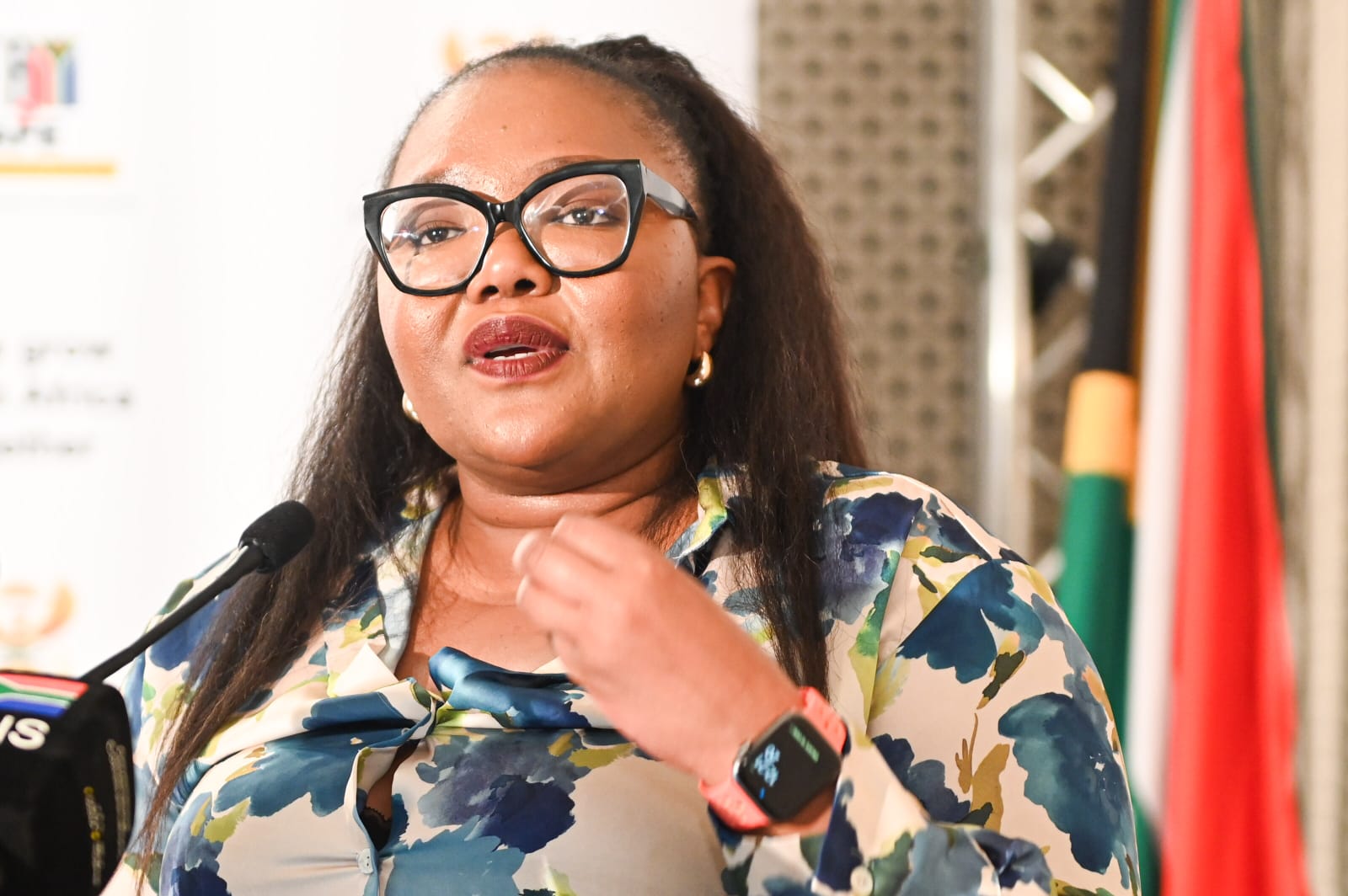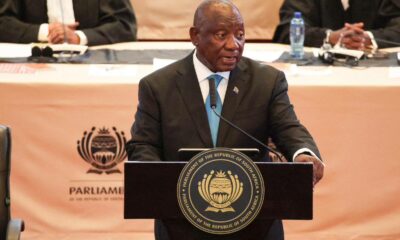News
Siviwe Gwarube Urges Bold Reforms to Fix SA’s Broken Education System

“No 10-year-old should be left behind because of where they were born.”
That was the rallying cry from South Africa’s new Minister of Basic Education, Siviwe Gwarube, as she addressed delegates at the 29th Annual International Education Law Conference in the Western Cape this week. Her message was clear: the country’s education laws need urgent, bold reform if they are to serve all children equally, especially the most vulnerable.
Two children, two realities
In her keynote speech, Gwarube shared a striking comparison: Lindiwe, a child who benefitted from strong early childhood development (ECD) programmes, and Sipho, who didn’t.
Lindiwe is confident, literate, and numerate. Sipho, by contrast, still struggles to read, write, or count with understanding. Not because of a lack of potential, but because of a system that failed him early on.
“This is the lived reality of many South African children,” Gwarube said. “Improving access to quality ECD is not just policy talk; it’s a moral imperative.”
The foundations matter
Gwarube stressed that the roots of educational inequality lie in the first years of a child’s life. Without a solid foundation, the path through school becomes more difficult, dropout rates soar, and access to higher education shrinks.
She argued that investing in ECD would not only boost school readiness but also support long-term economic growth, citing studies that link early learning to higher tertiary completion rates and stronger workforce participation.
Bela Act: Controversy and commitment
Gwarube doubled down on her support for the Basic Education Laws Amendment (Bela) Act, which was signed into law in 2024. The Act has sparked fierce public debate, particularly from groups who claim it threatens parental rights and school autonomy.
But the minister believes much of the criticism misses the point.
“Yes, the Act has been politicised,” she admitted, “but its purpose is to ensure equitable access, strengthen school governance, and protect the rights of pupils.”
Among its key provisions, the Bela Act bans corporal punishment outright and brings the law in line with constitutional court rulings. It also gives clearer authority to provincial education departments to oversee admissions and language policies at public schools.
Still, Gwarube acknowledged that laws alone cannot transform the system.
“We must urgently support legislation with clear policies, sound regulations, and strong implementation. Without that, even the best law is meaningless.”
Looking to the future: Tech, AI, and digital classrooms
In a sign that the department is trying to stay ahead of global trends, Gwarube announced that work is underway on new legislation to govern online learning and the use of artificial intelligence in education.
She said the proposed law would be technology-neutral, rooted in rights, and aligned with international best practice in data privacy and digital inclusion.
For the first time in South African history, a National Education and Training Council has been established to guide these reforms. The council will help shape policy that is not only responsive to inequality but also fit for a rapidly evolving digital future.
A call to the country: Law must be a ladder, not a barrier
Gwarube urged academics, policymakers, and education lawyers to use the law as a force for good.
“Education laws should act as scaffolding for innovation and justice,” she said. “They must not be used merely for compliance but to create inclusive, forward-looking systems that leave no child behind.”
Her vision is ambitious but necessary. In a country where the zip code of your birth often determines the quality of your schooling, bold reform is no longer optional. It’s urgent.
Also read: Broken Promises and Billion-Rand Blunders: Outa Demands Action from Higher Education Minister on SETA Corruption
Follow Joburg ETC on Facebook, Twitter, TikTok and Instagram
For more News in Johannesburg, visit joburgetc.com
Source: The Citizen
Featured Image: Inside Education.



























